US intelligence chiefs contradict Trump on Daesh, North Korea
US intelligence chiefs have contradicted President Donald Trump's assertions related to national security, underlining a persistent division in his view of the world and theirs.
During a Senate Intelligence Committee hearing on Tuesday, Director of National Intelligence Dan Coats and CIA director Gina Haspel appeared to contradict the claims made by Trump on the Daesh terrorist group and North Korea.
Trump announced last month that he was going to withdraw American troops from Syria because Daesh had been defeated and there was no reason for the US to extend military presence in the war-torn country.
The decision, however, was met with criticism from both Democrats and Republicans, prompting then defense secretary James Mattis and Brett McGurk, the US special envoy to the so-called anti-Daesh coalition in Syria and Iraq, to resign.
Coats said Tuesday that "ISIS (Daesh) is intent on resurging and still commands thousands of fighters in Iraq and Syria."
US intelligence assessment is that the terror group "very likely will continue to pursue external attacks from Iraq and Syria against regional and Western adversaries, including the United States," he added.
On North Korea, Trump said in June, after returning from Singapore where he had held a historic summit with North Korea leader Kim Jong-un, that Pyongyang did not pose any nuclear threat.
Just landed - a long trip, but everybody can now feel much safer than the day I took office. There is no longer a Nuclear Threat from North Korea. Meeting with Kim Jong Un was an interesting and very positive experience. North Korea has great potential for the future!
— Donald J. Trump (@realDonaldTrump) June 13, 2018
At the end of that summit, the two leaders signed a brief, broadly-worded document according to which both sides committed to working “towards complete denuclearization of the Korean Peninsula.”
During the Tuesday hearing, however, Coats said that "we currently assess that North Korea will seek to retain its WMD capabilities and is unlikely to completely give up its nuclear weapons and production capability because its leaders ultimately view nuclear weapons as critical to regime survival."
The intelligence community's "assessment is bolstered by observation of some activity that is inconsistent with full denuclearization," he noted.

A White House spokesman, commenting on Coats’ remarks, said, "Our goal is to achieve the final, fully verified denuclearization of the DPRK as Chairman Kim committed to in Singapore."
Before the Singapore summit, North Korea suspended its nuclear and missile tests but rejected denuclearization at one stage, a demand that Washington had initially made but later backed away from.
Russia: Threats of using military force against Iran’s nuclear sites ‘unacceptable’
VIDEO | Ramadan in Iran
VIDEO | Trump's controversial moves
VIDEO | Yemen downs 15th sophisticated American drone; vows to keep up support for Gaza, Lebanon
Power generated by Iran’s only nuclear plant at over $8bn: Report
Israel’s Ben Gvir to Netanyahu: Bomb aid deliveries into Gaza
VIDEO | Israel seizes administration of Ibrahimi Mosque, sparking Palestinian outrage
UN envoy warns Israel against ‘unacceptable’ military escalation in Syria





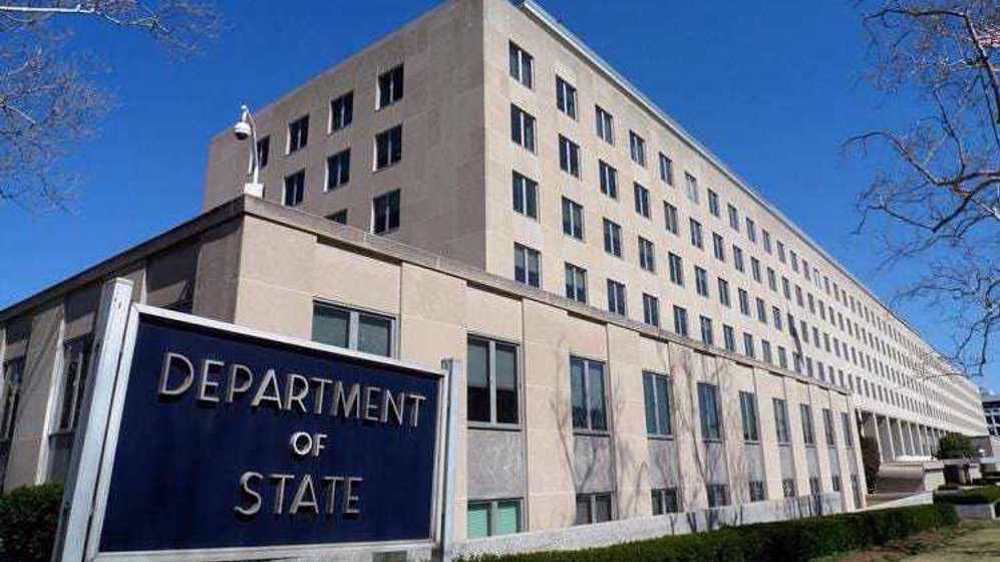

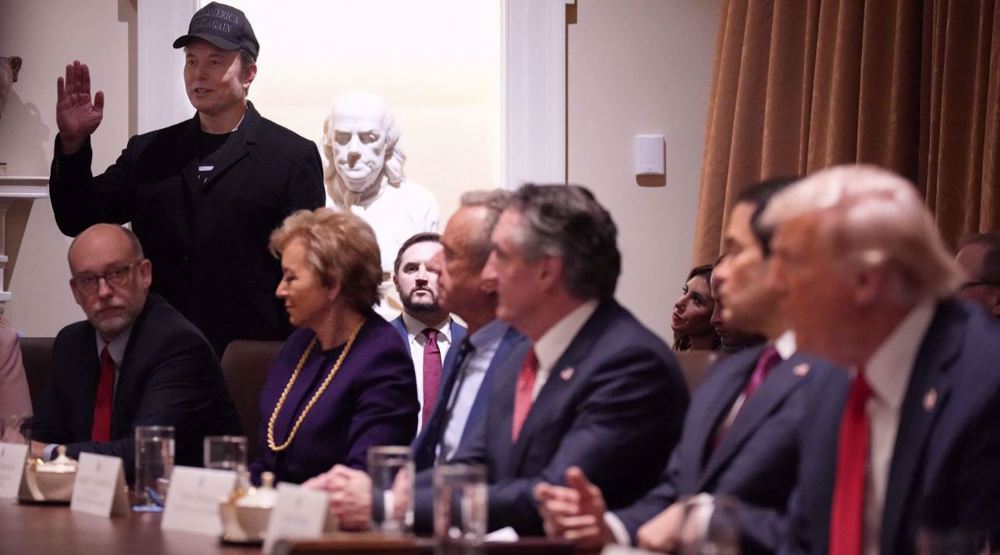




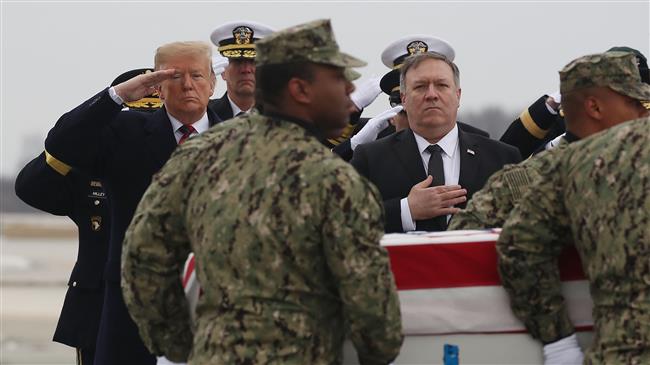
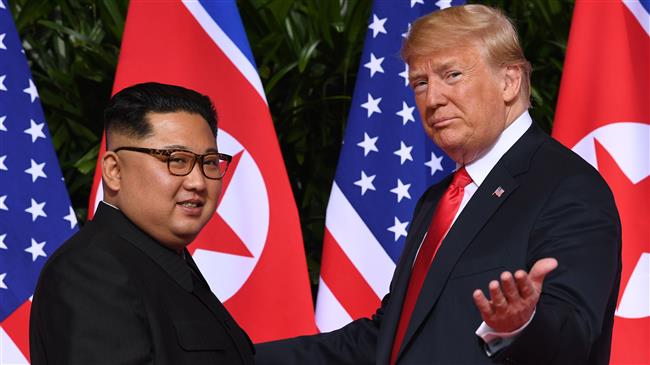
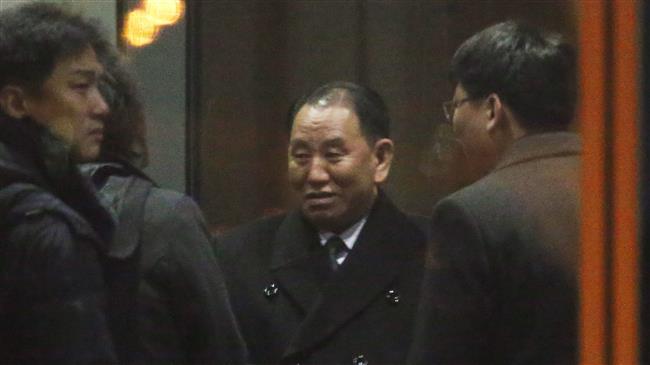


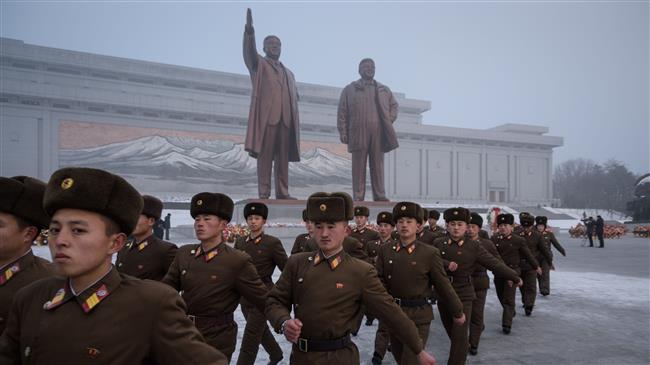

 This makes it easy to access the Press TV website
This makes it easy to access the Press TV website